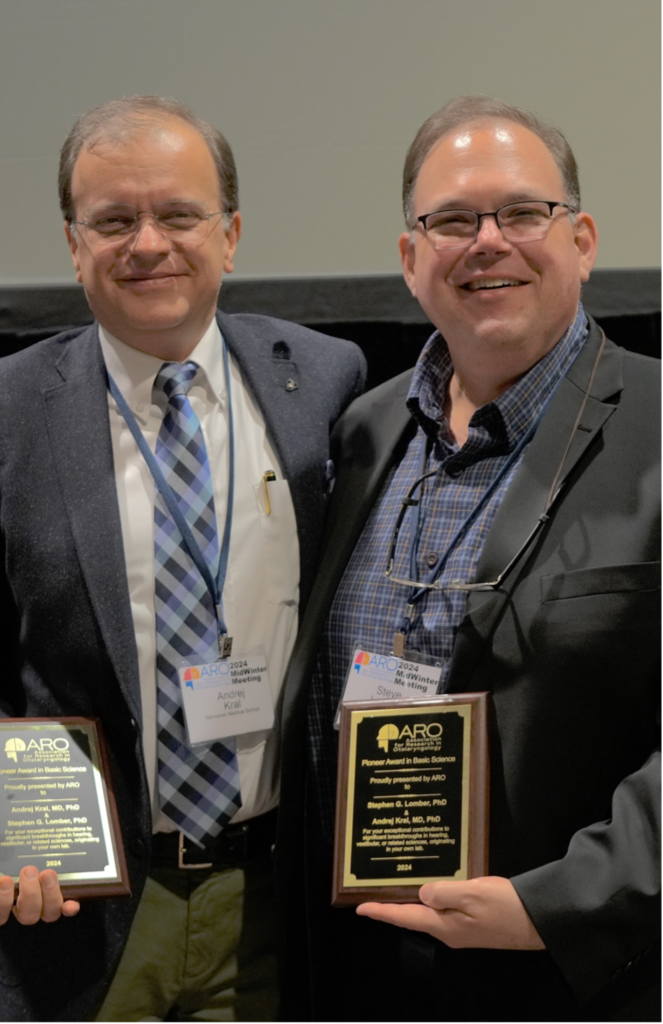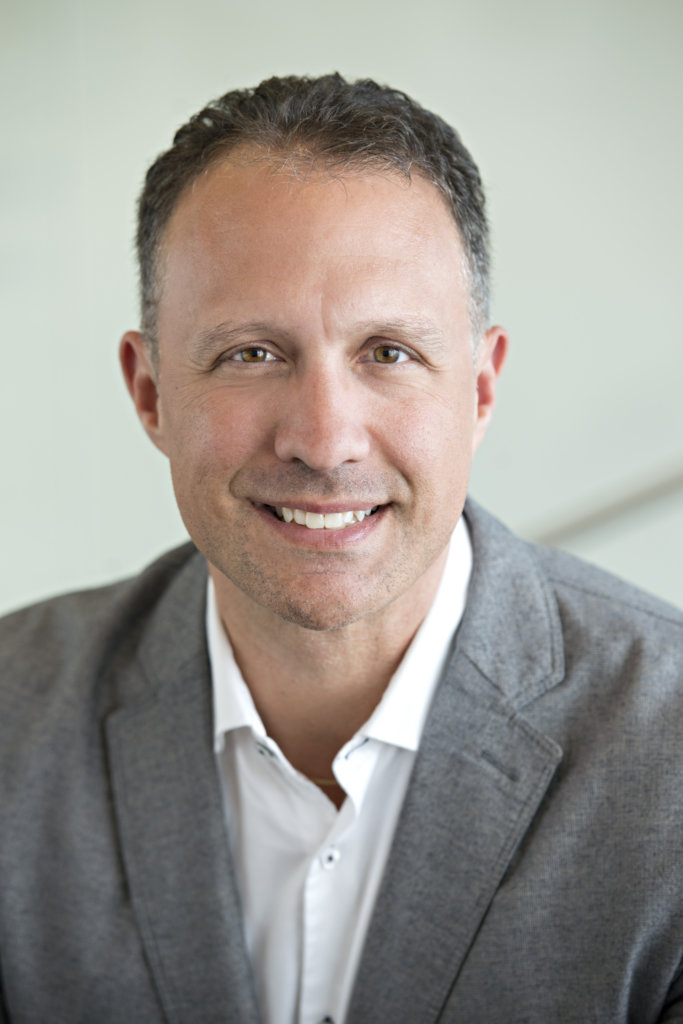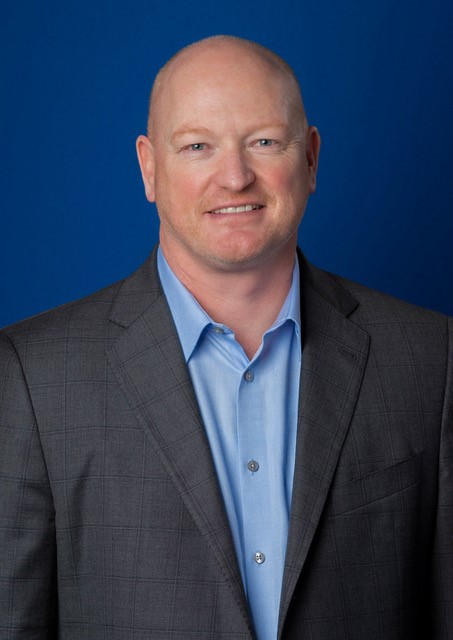Industry News

We are pleased to announce changes to our leadership team at WSAudiology, particularly regarding our Widex and Signia brands. Effective immediately, we welcome two remarkable individuals to spearhead our sales and general management efforts, ensuring continued excellence and innovation within the Canadian hearing healthcare industry.
We are very pleased to announce that Andre Marcoux will transition to the position of Vice President, Sales and Practice Development. With his diverse experience and extensive understanding of the industry, Andre is poised to lead WSAudiology in meeting its growth objectives. His passion for innovation and value creation aligns perfectly with our mission of providing Wonderful Sound, ensuring we continue to exceed your expectations.
Please also join us in extending a warm welcome to Michael Hutton, who will be assuming the pivotal role of Vice President, Wholesale sales. Michael brings with him a wealth of experience and a proven track record of success in the field. His customer focused dedication and strategic vision will further solidify our commitment to serving you, our valued customers, with excellence.
We are confident that under the guidance of Michael and Andre, we are embarking on an exciting new chapter filled with mutual growth, collaboration, and unparalleled customer satisfaction.
Thank you for your continued support and partnership. We look forward to continuing to serve you with the utmost dedication and excellence.
2024 Association for Research in Otolaryngology (ARO) Pioneer Award in Basic Science
ARO is proud to announce the 2024 Pioneer Award in Basic Science recipients Dr. Steve Lomber and Dr. Andrej Kral!
Stephen G. Lomber, PhD
Professor of Physiology, Psychology, Neurology and Neurosurgery, and Biomedical Engineering at McGill University, Canada Research Chair in Brain Plasticity and Development
Andrej Kral, MD, PhD
Chaired Professor of Auditory Neuroscience, Hanover Medical School, Germany and Professor of Systems Neuroscience, School of Medicine and Health Sciences, Macquarie University, Sydney, Australia
This award recognizes a body of work representing a significant advance in hearing, vestibular or related science, and established in the awardee’s own lab. The topic is related to the scientific interests of the Association as represented at the annual ARO meeting. As the award is for a body of work, the award may be shared among investigators who have worked as a team. The Award was presented in February at the Association’s MidWinter Meeting in Anaheim, California.
This award is jointly made to recognize their outstanding fundamental and collaborative work understanding brain plasticity following hearing loss.
Severe-to-profound hearing loss can be defeated with cochlear implants. However, for this intervention to be effective, it is critical to understand how the absence of auditory input affects the brain. The cerebral cortex is a complex, yet efficient, sensory processing structure. External inputs received through the sensory organs early in development help to establish sensory maps in cortex. Drs. Kral and Lomber made significant advances in understanding how the brain adapts to early sensory experience and deafness. Their research programs are guided by the question: “How does sensory experience influence brain development and cortical plasticity?” Kral’s team observed that cortical development is modified in congenital deafness. Long-term experience with cochlear implant stimulation could compensate for early deafness, but only if the restoration of hearing was accomplished early, within a juvenile critical period. This provided part of the evidence base for early cochlear implantation, as is now common practice in children. Based on Lomber’s innovative approaches to cortical function, combining physiology and behaviour that allowed new insights in visual and auditory function, Lomber and Kral teamed together to investigate crossmodal effects of deafness. They found that early deafness induces regions of auditory cortex to process visual input, in place of the missing acoustic input, switching the sensory processing of a given “auditory” area, but not the behaviours that would normally be conducted by that region. This fundamental observation has been key for understanding crossmodal plasticity and its limitations. They further studied structural auditory connectivity in deafness. In addition to discovering how the auditory cortex responds to hearing loss and restoration, their work has also revealed basic properties of cerebral organization and development. The work of Lomber and Kral has transformed our understanding of cerebral organization in the deaf and of the cortical consequences of restoring acoustic input to a deprived auditory system.

Biographies:
Steve Lomber received degrees in Neurobiology from the University of Rochester (B.Sc.) and the Boston University School of Medicine (Ph.D.). Dr. Lomber’s lab (www.cerebralsystems.ca) uses an integrated approach to examine processing in the auditory cortex. His lab has pioneered the use of focal cooling to reversibly deactivate regions of the cerebrum. Throughout his training and career, the focus of Dr. Lomber’s work has been on brain plasticity following either central or peripheral damage to the visual or auditory system during development. Using a unique combination of techniques (electrophysiological recording, reversible deactivation, psychophysical testing, functional imaging, computational modelling, and connectional neuroanatomy), he has made significant advances in understanding how the brain adapts to the loss of a sense (deafness) and how the brain adapts to the initiation or reinstatement of a lost sense by examining the consequences of cochlear implants on cortical function. Dr. Lomber’s research program seeks to understand the consequences of sensory loss and restoration to the relationship between altered perception and cognitive function. Steve is the recipient of numerous research and teaching awards and has previously served as an Associate Editor at Hearing Research and presently serves on the Board of Directors of the Canadian Academy of Audiology and is the Scientific Program Chair for the Association for Research in Otolaryngology.
Andrej Kral studied medicine in Bratislava (Comenius University, MD 1993, PhD 1998). During his PhD he developed models of neuronal networks exploring auditory frequency discrimination ability. He subsequently moved to the Institute of Sensory Physiology, J.W.Goethe University, Frankfurt am Main (Prof. R. Klinke), where he was appointed associate professor of physiology (“Priv.-Doz.”) in 2002. From 2004 to 2009 he served as Professor of Neurophysiology at the University of Hamburg School of Medicine. In 2009 he was appointed Chair of Auditory Neuroscience at the Clinics of Otolaryngology, Hannover Medical School (MHH). Dr. Kral heads the Dept. of Experimental Otology. Since 2018 he has been also Professor of Systems Neuroscience at Macquarie University, Sydney. In 2017 he was elected a member of the German National Academy of Science and in 2018 of the Collegium Oto-Rhino-Laryngologicum Amicitiae Sacrum (CORLAS). Dr. Kral is specialized to auditory neurophysiology in animals (rodents, cats) and humans (EEG), his research interests include hearing loss, central effects of deafness, brain development and plasticity, neuroscience of cochlear implants and technology of neuroprosthetics (website: www.neuroprostheses.com).





